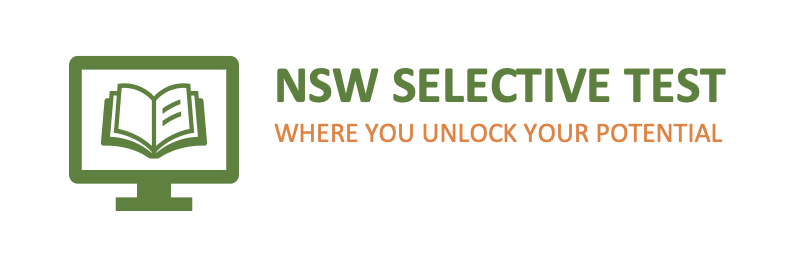In a significant change that’s shaking up the private coaching industry, the process for selective school entry exams is moving online for the first time in decades. The responsibility for creating and delivering the exams is also changing hands after more than 30 years.
The NSW Department of Education has handed the contract for the Opportunity Class and selective school exams to the British company Cambridge Assessment in a $5.5 million, five-year deal. This includes providing digital versions of the tests. Starting this year, the Opportunity Class test and selective high school test, which are for Year 4 and 6 students respectively, will be online.
With the growing competition for selective school spots, a private tutoring industry has thrived, promising to prepare students for these entrance exams. Coaching centers have poured resources into creating practice tests based on student memories of the real exams, which have traditionally not been made public.
After winning the contract, Janison, the Australian company subcontracted to deliver the online tests, said it would help Cambridge run the exams digitally for the first time. A spokesperson for the NSW Department of Education mentioned that the goal is to process and release results sooner than before.
Cambridge Assessment, founded by the University of Cambridge, will now create the test content, while Janison will handle the online delivery. Janison already provides an online platform for various other state exams, like Best Start Year 7 and VALID science tests.
This move comes after a 2018 review revealed that the selective school exams were too easy, with many students simply excelling due to extensive practice, making it difficult to distinguish between average and exceptional students.
For over three decades, the Australian Council for Educational Research (ACER) ran the selective school tests and continues to dominate the local assessment market, overseeing other major exams, including scholarships for prestigious schools like The Scots College and Shore.
Digital question formats offer the advantage of allowing examiners to create tests with varying levels of difficulty, which helps assess a wider range of skills, particularly among top-performing students.
Digital question formats offer the advantage of allowing examiners to create tests with varying levels of difficulty, which helps assess a wider range of skills, particularly among top-performing students.
The platform enables a smooth testing experience, even for schools with inconsistent internet connectivity. It also provides the flexibility to integrate advanced assessment techniques and deliver more detailed insights into student performance, according to the company's statement.
Gifted education expert Rosalind Walsh pointed out that digital tests have key benefits, such as the ability to include multimedia elements like animations, videos, and graphics in questions. "This allows you to go beyond simple multiple-choice options," she explained.
Digital formats also make it easier to accommodate students with disabilities and provide support for those who may otherwise make errors, like when copying answers from the test onto a paper answer sheet and losing track.
From a research standpoint, digital tests can offer valuable data, such as detecting when students might be guessing—if they quickly answer a question, hover over the right choice, but then select the wrong one—or if they're struggling with certain types of questions. However, Dr. Walsh noted that it’s still unclear whether the new digital format would differ significantly from traditional testing.
The X, who runs a website selling practice tests, mentioned that the education industry would be caught off guard by these changes. "The first thing parents will do is ask if I’m on board, and I’ll tell them we don’t know what's coming yet," he said. "While it might not hurt me too much, some tutoring companies could feel the impact."
Craig Petersen, head of the Secondary Principals Council, acknowledged that many assessments were shifting to online formats but emphasized the need to ensure all students had equal access to technology. This would prevent disparities where students with better equipment might have an advantage.
In 2020, about 14,000 students took the selective school tests in March, with this year’s opportunity class tests delayed until September.
The 2018 review highlighted that the selective school tests were too easy, as high scores could be achieved with moderate difficulty questions answered consistently. This raised concerns about distinguishing between highly talented students and those who simply excel at test-taking through practice.
Angelo Gavrielatos, president of the NSW Teachers Federation, expressed concerns over the rise of private education businesses. He saw it as another example of the department outsourcing its responsibilities and entering into unclear contracts.

